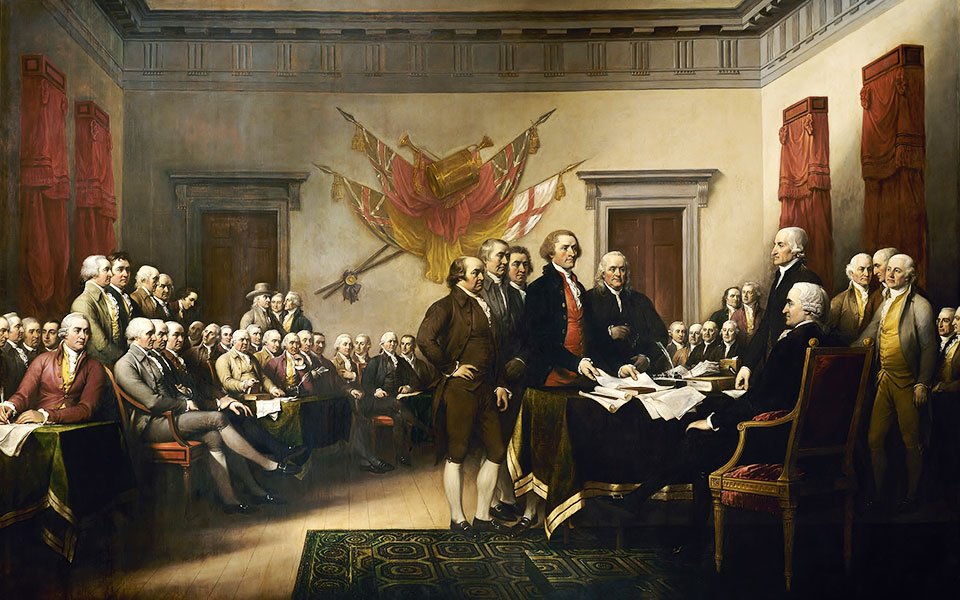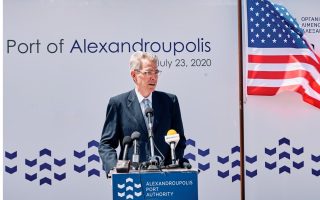American foreign policy and the Greek Revolution

The 200th anniversary of the Greek Revolution constitutes a good opportunity for Greece and the US to celebrate their historical friendship. The Greek and American struggles for independence were marked by similar causes and ideals. The material not only points to older research but also facilitates the realization of new studies. Meetings and exchanges that took place between Adamantios Korais and Thomas Jefferson, for example, have aroused the intellectual curiosity of historians who are re-energized during this special year.
In a period during which Greek-American relations are witnessing new heights, the analysis of the Greek War of Independence from Ottoman rule could also boost the study of American Studies in Greece, and perhaps beyond. It has the potential to reveal some of the roots of the philosophical debate about US foreign policy. There are particular schools of thought named after critical figures of American history which now help explain US strategy in international relations. The Hamiltonians, Jeffersonians, Jacksonians and Wilsonians are the most well-known in the theoretical discussion. The first three found resonance in the decades after 1776.
Specifically, respect for the European equilibrium alone was soon accompanied by increasing interest in pondering how American exceptionalism could be replicated in other parts of the world. By accepting that the US constituted a universal cause, policy makers could either perceive American democracy as a beacon for others or somehow act in order to promote their principles and values abroad. The dilemma was first tested during the Greek Revolution.
The quandary was solved in a manner that underpinned US foreign policy for the next century. America would play a missionary role without using force and becoming entangled in foreign fronts. It would opt instead to raise its diplomatic voice. In this spirit, the Greek Revolution unleashed US philanthropic endeavors for distressed people overseas. The material support for Greek independence not only manifested the significance of Philhellenism in the US but also reflected American understanding of the world in historical perspective.
Dr George N. Tzogopoulos, who was granted an American Studies scholarship by the Hellenic Republic for his PhD, is a senior fellow at the Begin Sadat Center for Strategic Studies (BESA), Centre international de formation européenne (CIFE) and the Hellenic Foundation for European and Foreign Policy (ELIAMEP), and teaches international relations at the Democritus University of Thrace.




